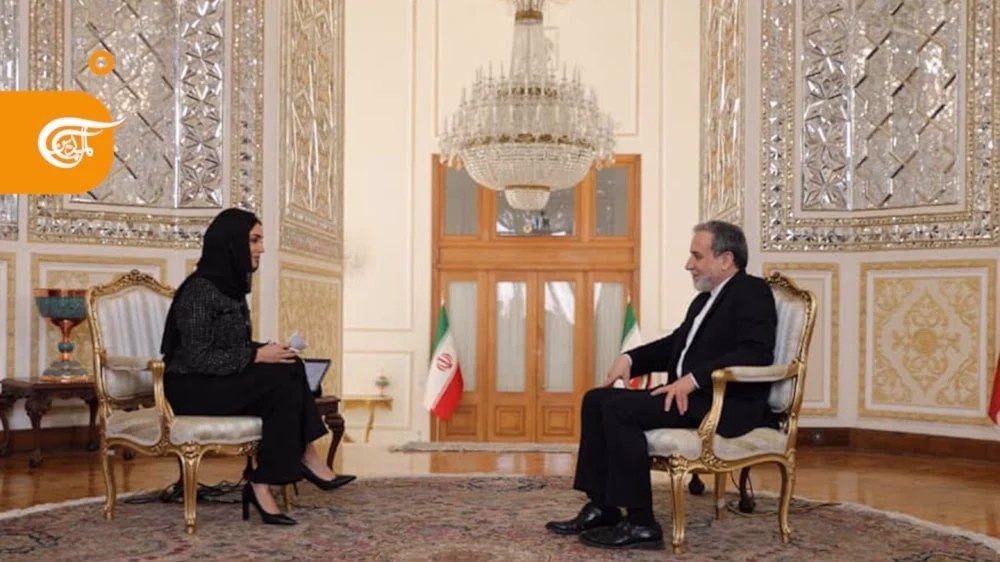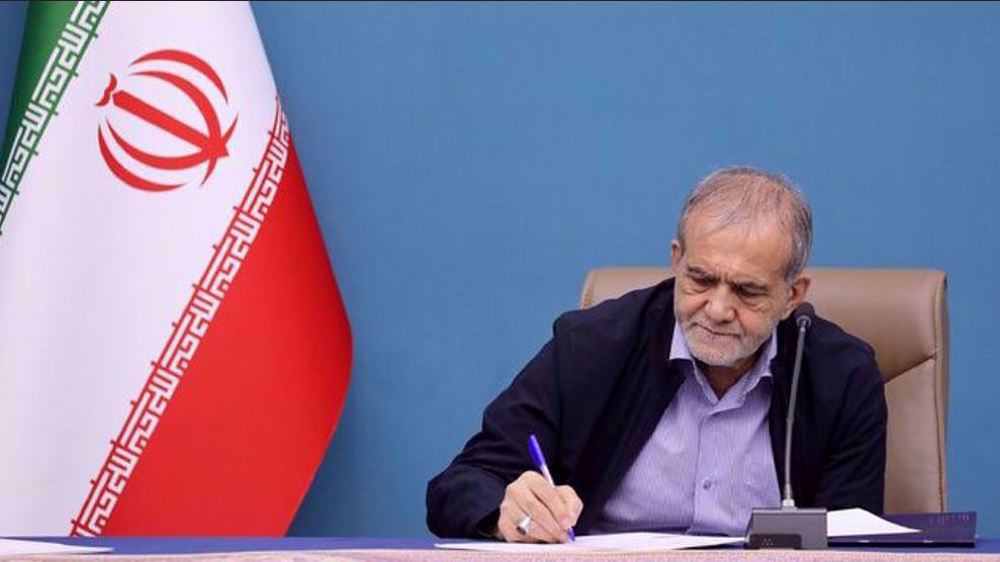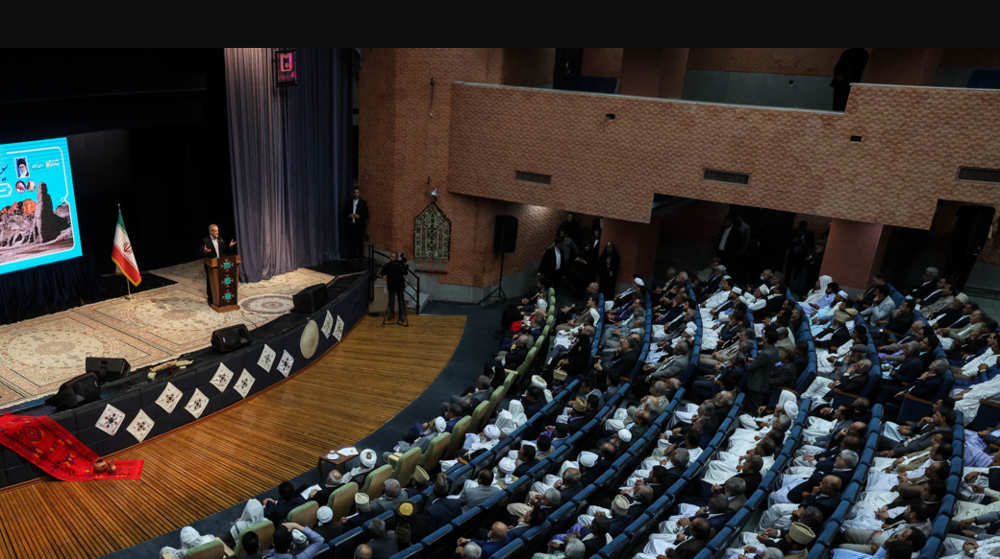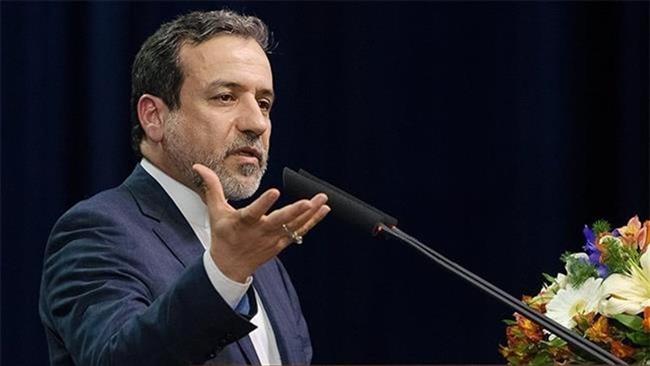Iran to resume 20-percent enrichment in 5 days if necessary: Nuclear chief
The head of the Atomic Energy Organization of Iran (AEOI) says the Islamic Republic is capable of resuming the enrichment of uranium to the 20-percent level at its Fordow facility within a maximum of five days if need be.
In an exclusive interview with IRIB News Agency on Tuesday, Ali Akbar Salehi said President Hassan Rouhani’s recent warning that Iran would accelerate its nuclear activities to an advanced level “within hours” if the US returned to a policy of sanctions had not been an “empty warning.”
Salehi said all higher-ranking Iranian officials, including President Rouhani, had been briefed on the technical capabilities of the AEOI to be able to make informed decisions.
The warning made by the president, he said, had been based on data provided by the AEOI, including about the organization’s preparedness for contingencies.
Iran has applied certain limits to its nuclear program under a deal it reached with six other countries in 2015.
Salehi said the changes made to the Fordow enrichment facility under that deal had been calculated so as to enable a return to the 20-percent enrichment within five days.
That, he said, was one of the strengths of the deal, which is officially titled the Joint Comprehensive Plan of Action (JCPOA).
He said the warning to quickly resume 20-percent enrichment “carries many messages in technical and professional terms, and the opposite side understands that message.”
The administration of US President Donald Trump has been claiming that Iran is violating the spirit of the JCPOA.
But the United Nations nuclear agency, which is in charge of monitoring the technical implementation of the JCPOA, has invariably certified Iran’s commitment to its obligations under the accord.
Therefore, the Trump administration claims of an Iranian violation are generally believed to merely stem from the administration’s dissatisfaction with the deal, dressed to look like the detection of violations in Iran’s contractual behavior.
The JCPOA was negotiated under Trump’s predecessor, Barack Obama, whose every major policy achievement the new US president has attempted to undo. Since before taking office, Trump has threatened to rip up the deal.
Iran has said that any US non-performance would be met with due counteraction.
In his most recent warning, the Iranian president said the US’s return to the policy of sanctions and pressure against Iran would be followed by Iran’s upgrading of its nuclear activities to advanced levels “not within months and weeks, but in a matter of hours and days.”
Salehi said that the AEOI’s main priority was to “preserve the JCPOA, but not at any cost.”
He said Iran will remain committed to its end of the bargain as long as the opposite side lives up to its.
The JCPOA was concluded between Iran and the P5+1 countries — namely the US, Russia, China, France, Britain, and Germany. It took effect in January 2016.
The deal was later endorsed by a United Nations Security Council resolution. In return for the limits to the Iranian nuclear program, the Islamic Republic had all nuclear-related sanctions against it terminated.
VIDEO | Press TV's news headlines
Iran FM: Response to Israeli aggression 'inevitable'
VIDEO | Iran eases the rules for exporting hand-woven carpets
VIDEO | Intl. Day for the Elimination of Violence against Women: A stark reminder of Gaza women
Australia denies ex-Israeli minister Shaked visa
VIDEO | 85% of Yemeni displaced people face daily hunger crisis
US House passes bill targeting charities and pro-Palestine groups
VIDEO | Supporting Gaza genocide
















 This makes it easy to access the Press TV website
This makes it easy to access the Press TV website